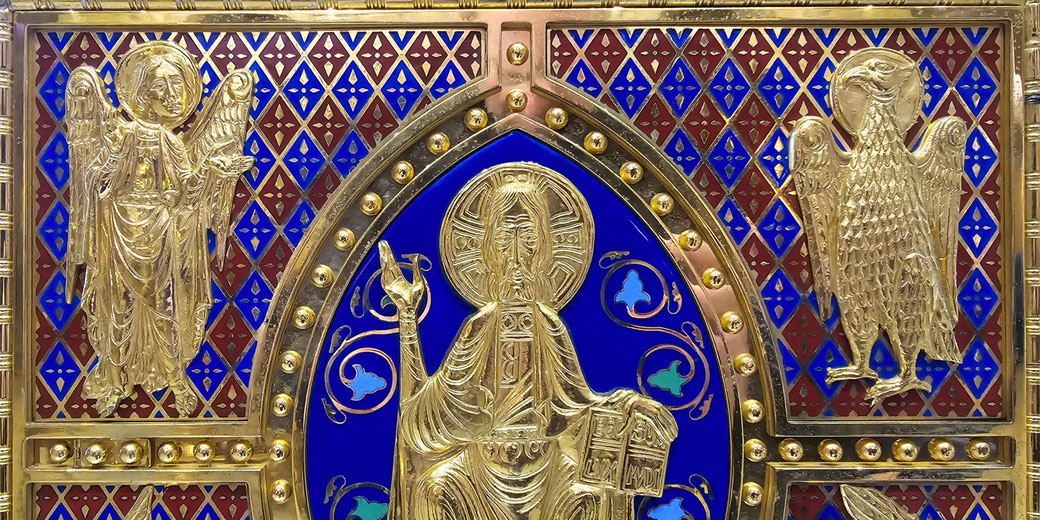How to write a key inquiry question

At the beginning of the research process, you need to be clear about what you are trying to discover as a result of your research.
To create a focus to drive your research, you are required to create a Key Inquiry Question.
What is a 'key inquiry question'?
A Key Inquiry Question is the question that your research is aiming to answer.
A key inquiry question is a question that helps guide historical research by focusing the investigation on a particular aspect of a historical event, trend, or development.
A good key inquiry question should be specific, open-ended, and focused on a historical issue or problem.
By reducing your focus down to a single Key Inquiry Question, it will help you to avoid wasting time on needless research, but also help you tell if your research has ultimately been successful.
At the end of the research process, you will write a one-sentence answer to your Key Inquiry Question, which will become your hypothesis.
How do you create a key inquiry question?
Great inquiry questions must abide by the following rules:
1. Start with an interrogative
An interrogative is a question word. Here are some common interrogatives with which you can start a key inquiry question:
| Interrogative | Explanation |
| How | Explain the process, steps or key events |
| To what extent | Quantify the importance (to a great extent? to a limited extent?) |
| Why | Explain the motives, reasons or causes |
2. Do not make it a 'closed question'
Closed questions are ones that can be answered with a single word (e.g., yes, no, Churchill, 1943, etc.).
Most 'closed questions' start with the interrogatives 'does', 'did', 'was' or 'are'.
A great key question starts with either 'what', 'why', or 'how'.
3. Base it on a historical knowledge skill
Make your question focus on one of the historical knowledge skills in history.
Here is a list of the most common historical knowledge skills:
| Historical Knowledge Skill | Explanation |
| Causes | What things led to or caused the historical event? |
| Change | What was different as a result of this event or person? |
| Consequence | What happened as a result of the historical event or person |
| Contestability | How have people interpreted this event or person differently over time? |
| Continuity | What continued unchanged, or stayed the same? |
| Motive | The reasons people provided for their actions |
| Significance | Why is it important? |
4. Be extremely specific
Limit your topic by mentioning specific historical information, including people, times, places or concepts.
Draw upon the information you collected in your background research when doing this.
Example key inquiry questions
Here are some examples of great inquiry questions that follow the rules outlined above.
To help you see each element, the interrogatives are coloured in blue, the historical knowledge skill is in red, and the specific historical information is in green.
What were the economic, military and political causes of Rome’s departure from Britain in AD 410?
What archaeological evidence exists to confirm Suetonius' descriptions of Nero’s ‘Domus Aurea’?
How did Stalin justify the human cost of the dekulakisation during the First Five-Year Plan?
How did Britain, Russia and America understand Hitler’s actions during the early 1930s?
Alternate approach: testing a hypothesis
In some essays, you will be asked to assess the accuracy of someone else's hypothesis.
This kind of task will require you to look at all of the arguments being made and test these arguments based upon what your sources tell you.
This is a great way of working out whether someone's claim about the past is trustworthy, or if they are simply manipulating the facts.
The best way is to turn the hypothesis into a Key Inquiry Question in order to begin your research.
For example, someone's hypothesis could be:
Constantine the Great founded the Catholic Church at the Council of Nicaea in AD 325.
Your Key Inquiry Question could be:
What evidence is there that Constantine the Great founded the Catholic Church at the Council of Nicaea in AD 325?
Watch a video explanation on the History Skills YouTube channel:
Watch on YouTube
What's next?
Test your learning
No personal information is collected as part of this quiz. Only the selected responses to the questions are recorded.
Need a digital Research Journal?

Additional resources
What do you need help with?
Download ready-to-use digital learning resources
Copyright © History Skills 2014-2025.
Contact via email
With the exception of links to external sites, some historical sources and extracts from specific publications, all content on this website is copyrighted by History Skills. This content may not be copied, republished or redistributed without written permission from the website creator. Please use the Contact page to obtain relevant permission.






